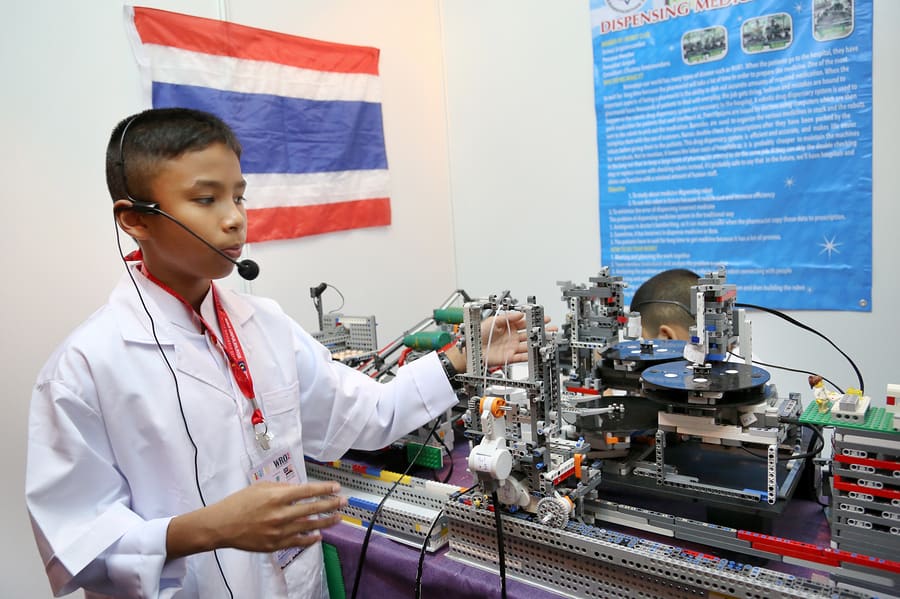Machine Learning: The “Next Big Thing” in Education

By Ron Drabkin
Artificial intelligence (AI), in particular the field of machine learning, is touted as the “next big thing” according to Silicon Valley pundits. AI could be the key technology used to create cars that drive themselves or computers that diagnose some diseases better than doctors can.
Backing up, though, let’s take a moment to look at what exactly machine learning is. To put it simply, it’s a computer that can program itself, usually by looking at feedback from its results. How is this important for education?
If cars and doctors are potentially going to be automated, can education be that far behind? Will teachers be replaced by robots? Not likely, but there will be areas where the machine learning boom will positively impact education. Better yet, machine learning will free teachers up to do better what they do best – that is, to actually teach and mentor, rather than do the seemingly unending grading and lesson planning they spend so much time on today.
Low Stakes vs High Stakes Failure in Artificial Intelligence
AI is being adopted more quickly in fields where there are no dangerous consequences. For example, chatbots are being used more and more in customer service. Customers who call a customer service center and get a chatbot can be annoyed when the chatbot is incorrect, but clearly that chatbot mistake is going to be much less critical than if a self driving car makes a mistake.
I would argue that education tends towards high stakes. There are no life or death situations, presumably, but half baked AI in a classroom is not good enough. If a machine learning algorithm grades a test wrong, it would be serious. Or, if a content provider was to recommend an inappropriate YouTube video, the classroom might dissolve into chaos.
Leading Uses of Machine Learning in Education Today
One of the first applications of machine learning in education has been to help quizzes and tests move from multiple choice to fill in the blank answers. Natural Language Processing (NLP) and machine learning are used to evaluate students’ free form answers. Research on efficacy of automated scoring is somewhat mixed, but some studies show better results than human graders in some cases. Certainly, automated scoring can give more immediate scoring than a human, which helps for use in formative assessment.
Other notable current use cases include
- OpenEd uses machine learning to classify educational resources by learning goal.
- Cerego uses machine learning to tweak adaptive learning pathways.
- Blackboard announced they are working with the IBM Watson team on some advanced analytics.
- The Watson team has also launched a cognitive solution based product for education. It is a bit hard to parse the actual meaning of this, but IBM’s CEO stated it includes using AI to analyze student behavior to help deliver personalized learning.
Machine Learning’s Potential in the Future of Education
Machine learning will be steadily adopted in a variety of educational technology tools. It will not be visible or obvious to the end user, but teachers will start to see their applications doing tasks for them in completely new ways. Apps will appropriately group students, help selection of resources, build out lesson plans, grade tests and more. The common theme of these advances is that they save teachers time in their non classroom activities – and who wouldn’t welcome that?
For more, see:
- 8 Ways Machine Learning Will Improve Education
- How Will Machine Learning Impact Your Life?
- Machine Learning: The New Infrastructure for Everything
Ron Drabkin is Vice President of Marketing at OpenEd, an ACT Assessment Technologies company. Follow Ron on Twitter, @DrabkinRon.
Stay in-the-know with all things EdTech and innovations in learning by signing up to receive the weekly Smart Update.





0 Comments
Leave a Comment
Your email address will not be published. All fields are required.